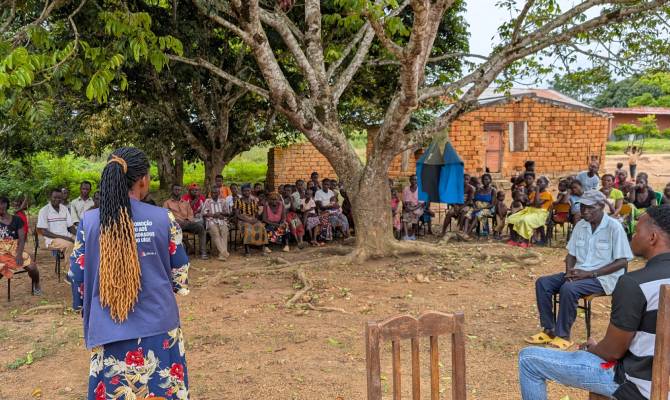Beating diabetes by scaling up prevention, strengthening care and improving diagnosis: these are the objectives of World Health Day 2016, which was recently marked by the World Health Organization (WHO) – this year, as always, on 7 April.
Why dedicate a day to awareness about diabetes in Africa?
The diabetes epidemic is growing rapidly in many countries, most dramatically in low- and middle-income ones, with those most affected between 35 and 64 years of age. In Africa, rapid urbanization and consequent changes in lifestyle have led to a rise in chronic diseases such as diabetes and hypertension which until recently were more common in wealthier nations in the West.
According to WHO data, approximately 7 million Africans were living with diabetes in 2000; this number is projected to more than double by 2030. Diabetes rarely occurs alone in this part of the world; in Sub-Saharan Africa, most diabetes patients are co-infected with tuberculosis (TB) and HIV/AIDS.
The other side of progress in Angola
In Angola, a country with one of the highest TB prevalence rates in the world, there is a high risk of such co-infection. Angolans affected by diabetes – some 3.3% of the population – have a risk of developing TB that is three times higher than that of the general population. Moreover, TB patients who are co-infected with diabetes have a greater risk of TB recurrence or death.
Doctors with Africa CUAMM has been working on a pilot project funded by the World Diabetes Foundation in four tuberculosis treatment centers in the city of Luanda since July 2014. It starts from the premise that because they weaken the immune system, diabetes and hypertension are risk factors for TB and can accelerate its course. Thanks to this project, to date we have been able to examine more than 4,000 people affected by TB and train more than 80 health care workers on how to screen for diabetes and measure blood pressure. A local association, Associação Diabeticos de Angola, is partnering with us to help raise awareness on the disease in the community. Providing optimal care for a chronic disease like diabetes requires in fact that patients be constantly monitored through blood tests; in Africa this necessitates planning treatment carefully with patients and their families, training health care staff and setting up infrastructure to enable patients to get to the nearest health centers.
Using data as a “springboard” in Mozambique
We are firmly convinced that guidelines for the prevention and treatment of chronic diseases must be based on the real needs of the population. However, in Mozambique the scarcity of data on diabetes prevalence and risk factors in TB patients hinders our ability to treat them in the most appropriate way.
That is why we have partnered with the Catholic University of Mozambique and Italy’s University of Bari in Beira, the capital of Sofala Province and the second most-populated city in Mozambique, to launch a clinical study aimed at grasping the full scale of the problem. As of October 2015 the study involved 120 TB patients; this number will eventually reach 300. We expect to garner valuable information from the data we gather that will enable us to understand and describe the burden and consequences of diabetes-TB co-infection here and improve its prevention, diagnosis and treatment.




